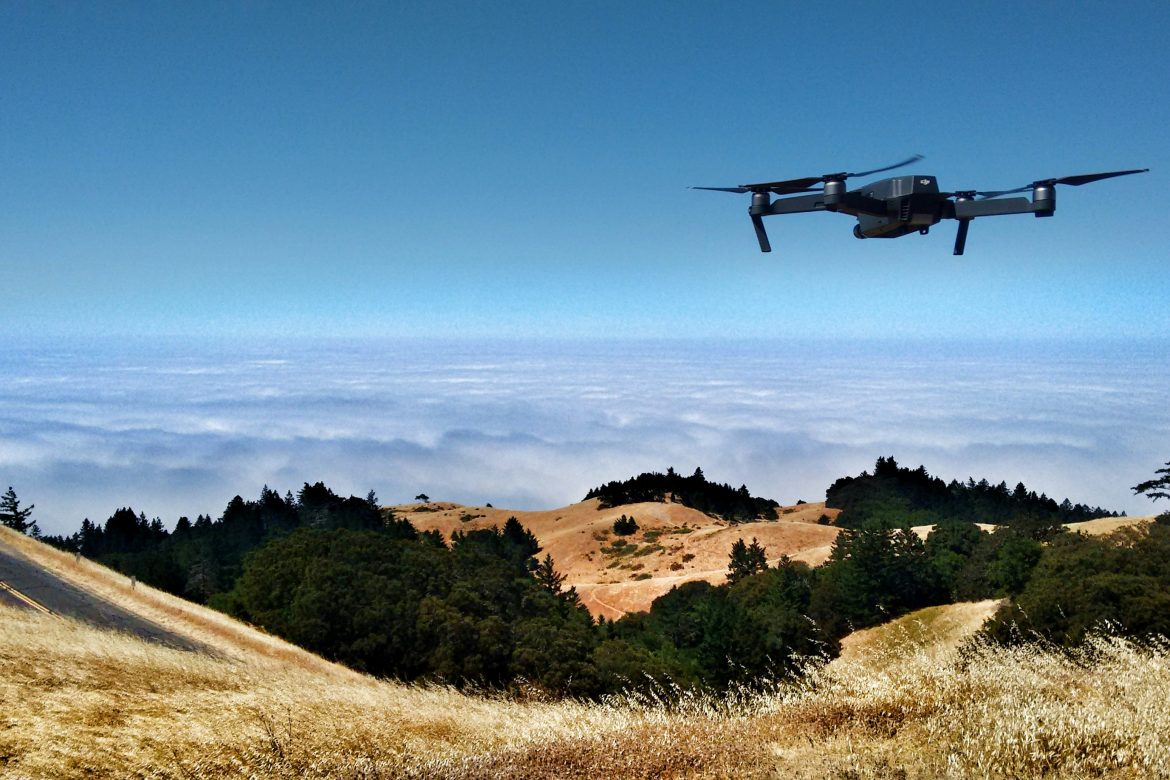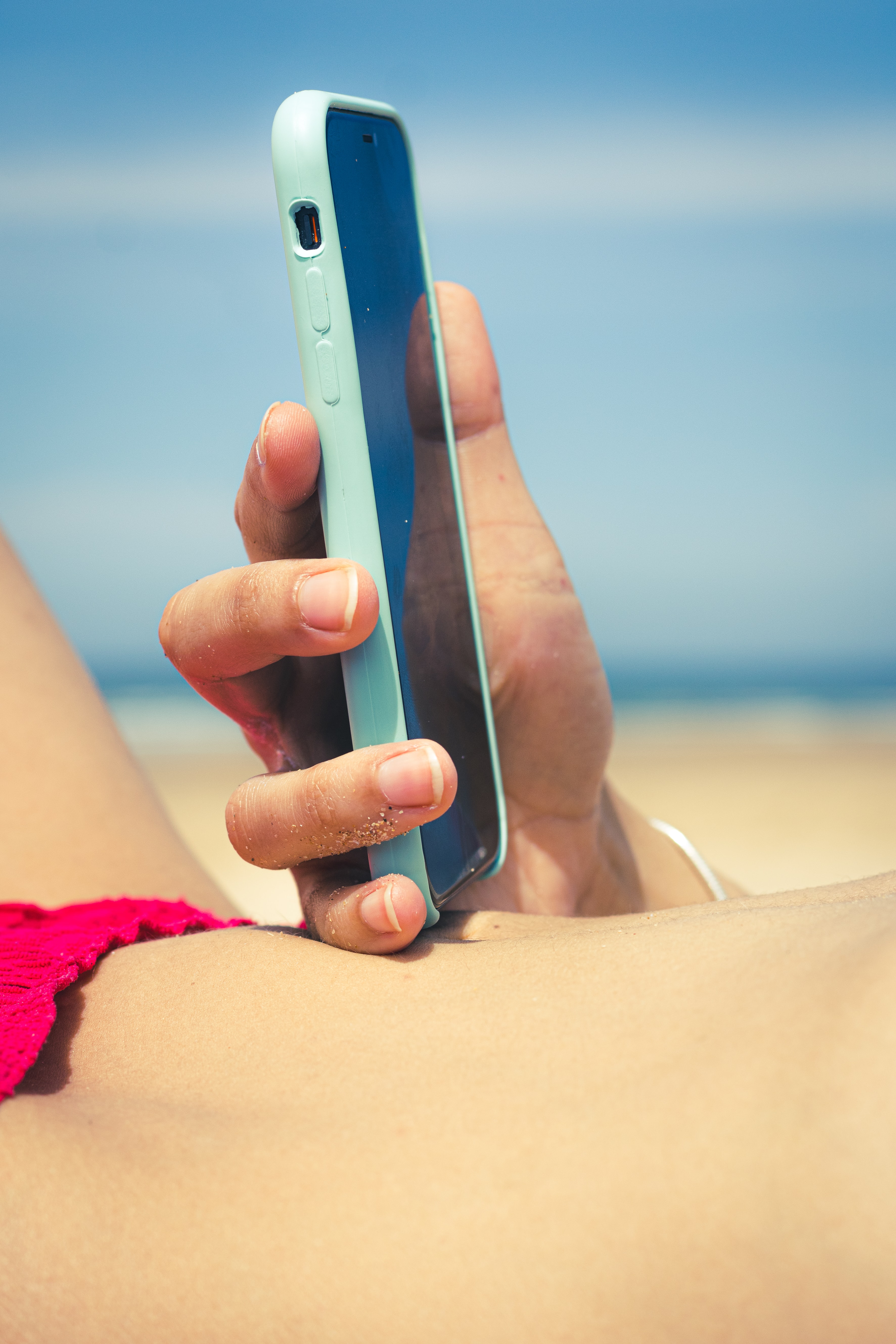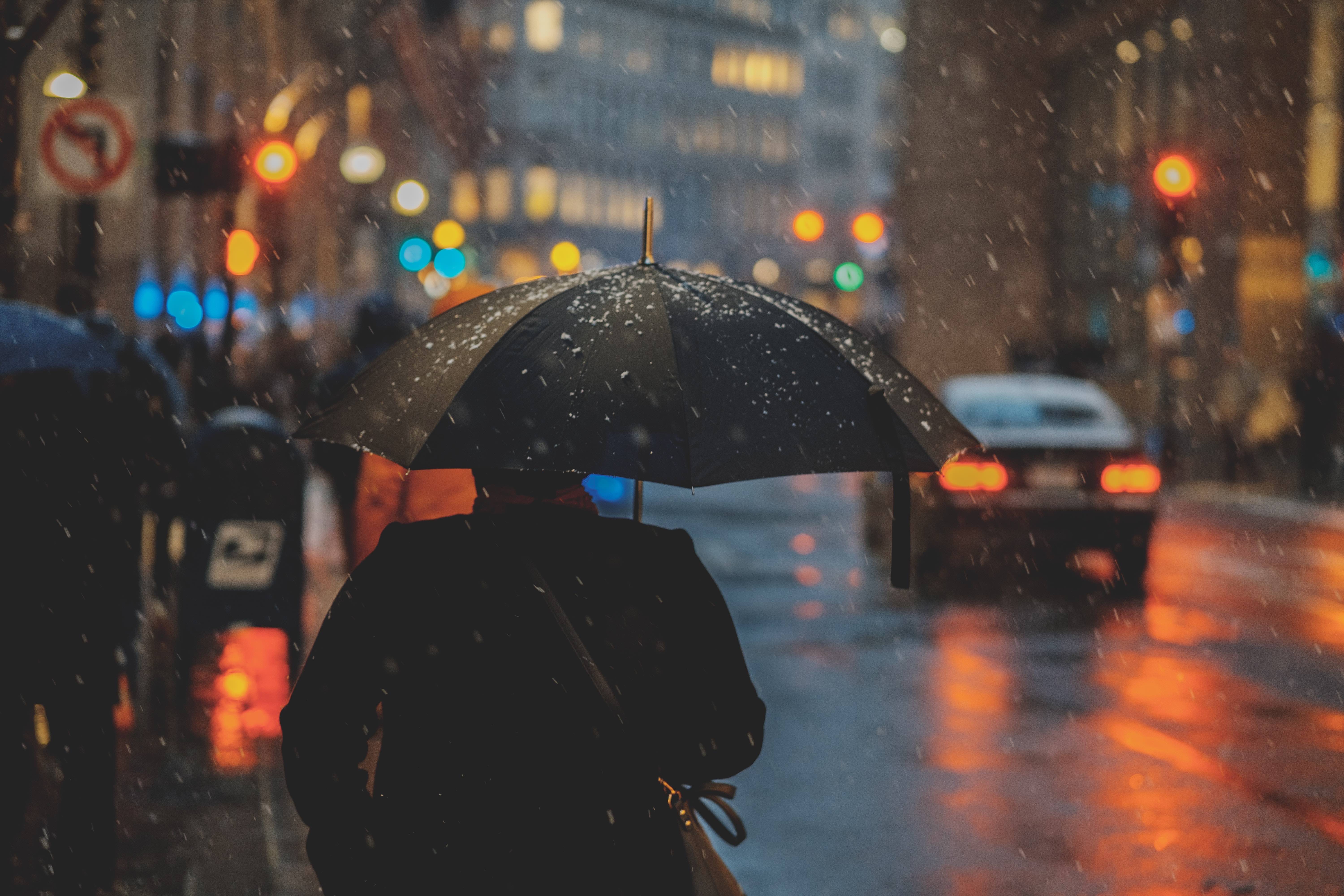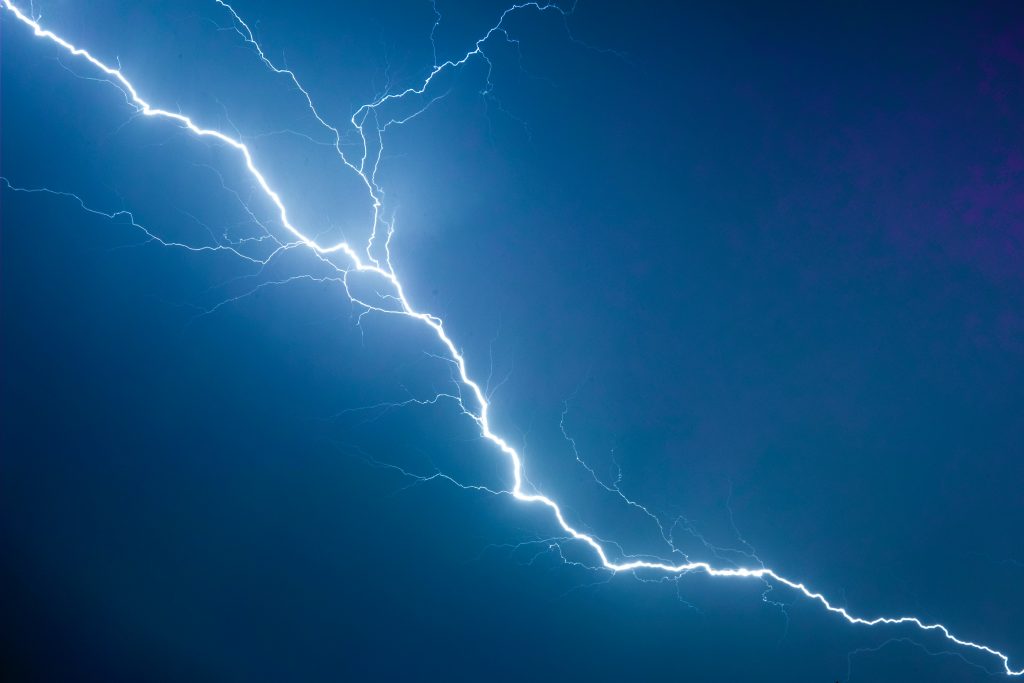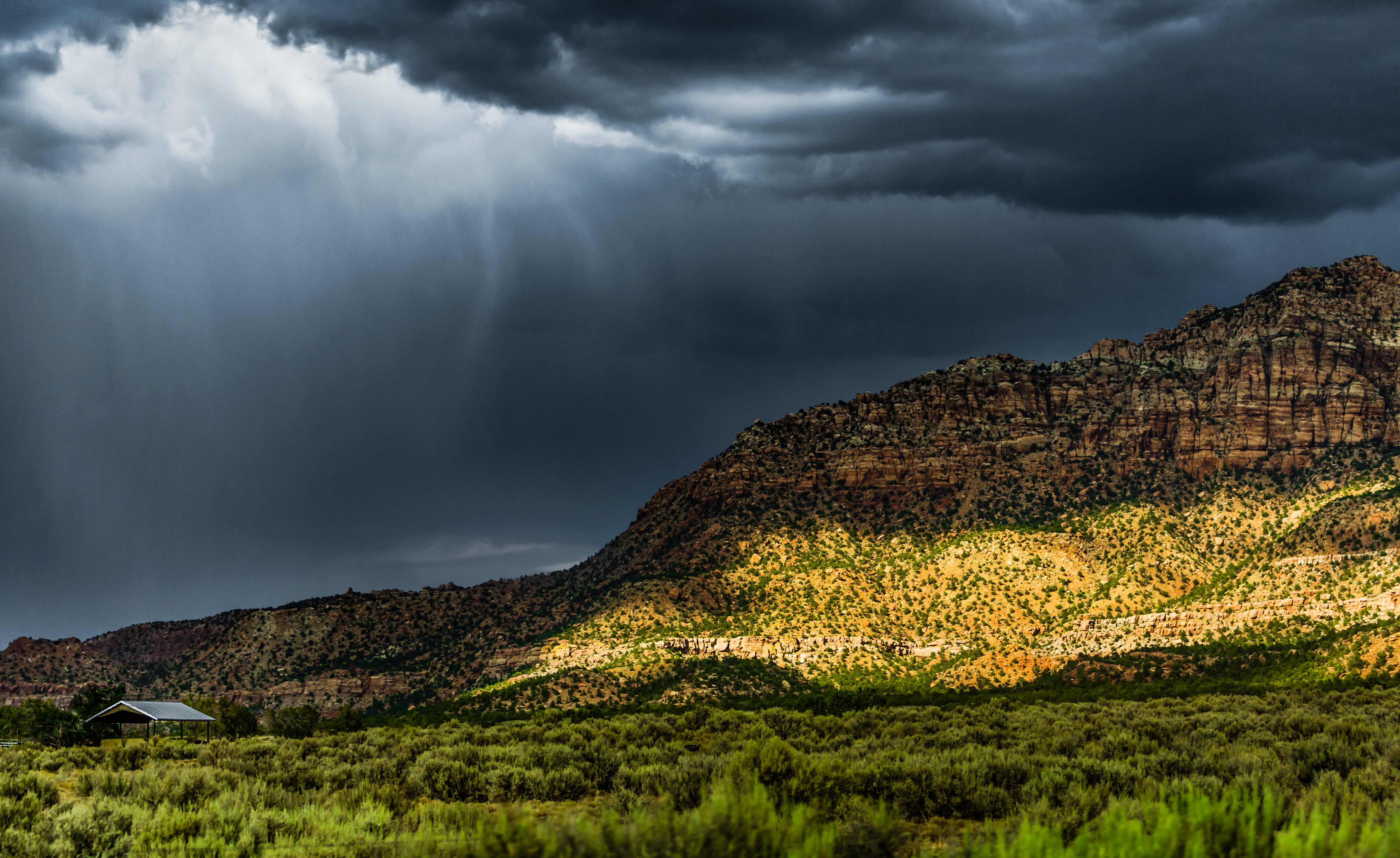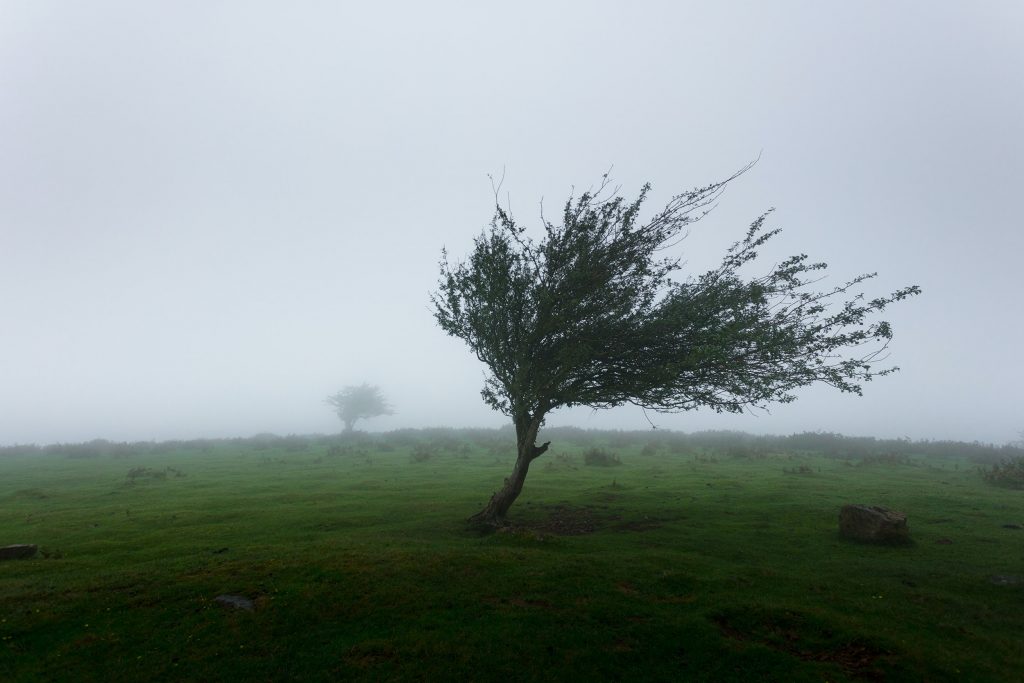Here at Geekabit we talk a lot about the problems that rural areas face when it comes to connectivity – Whether it’s mobile or broadband.
Mostly we’re talking about businesses and homes that struggle with more traditional forms of broadband internet connectivity as well as mobile broadband options.
But what about organisations that rely on connectivity outside the normal 4 walls of business premises?
For Search and Rescue teams, staying connected couldn’t be more vital. Yet, they’re often plunged into rural and remote locations trying to find someone missing and potentially hurt.
So how can we make sure that these Search and Rescue teams stay connected with their base and are able to utilise location data?
Virgin Media O2 (VMO2) has come up with just the solution. They’ve recently developed a 5G-connected drone that is specifically designed to bolster the communication that is so vital to Search and Rescue teams.
Who is trialling this 5G drone for Search and Rescue teams?
The first Search and Rescue team to trial VMO2’s 5G drone is Warwickshire Search and Rescue team.
As we said above, communication in remote and vast terrains is absolutely vital but can be a challenge for Search and Rescue teams. As the work of these teams is so time critical, it’s essential that their effectiveness is unhindered by communication and connectivity problems.
As a Lowland Rescue Unit, the Warwickshire Search and Rescue team play a vital role in locating vulnerable missing persons alongside the police.
With a 45% increase in callouts between 2020 and 2022, the demand for their services continues to surge with 65 callouts in 2023 – That’s more than 1 per week.
How does VMO2’s 5G drone work?
The 5G Technical Trials Team over at VMO2 saw this need for critical connectivity and devised a portable solution that uses a network of low earth orbit (LEO) satellites. The portability and compactness of the tech means that it’s small enough to be integrated into a drone. Ideal for vast, remote spaces.
This easy-to-deploy drone acts like a flying mobile phone mast, enabling Search and Rescue teams to stay connected via seamless 5G connectivity regardless of their location.
What do VMO2 have to say?
Here at Geekabit we love to see how innovative thinking and technological advancements combine to create fresh ideas and impactful solutions to a whole range of problems.
Head of Technical Trials for Virgin Media O2, David Owens, says:
“This project is a further example of how fresh-thinking and 5G technologies can be combined to provide real societal benefits.
“The solution has the potential to transform how search and rescue teams operate and respond to life-threatening situations, enabling them to make faster and more decisive decisions. We’re enormously proud that our connectivity will be able to help these teams to save lives.”
What do Warwickshire Search and Rescue make of the 5G drone?
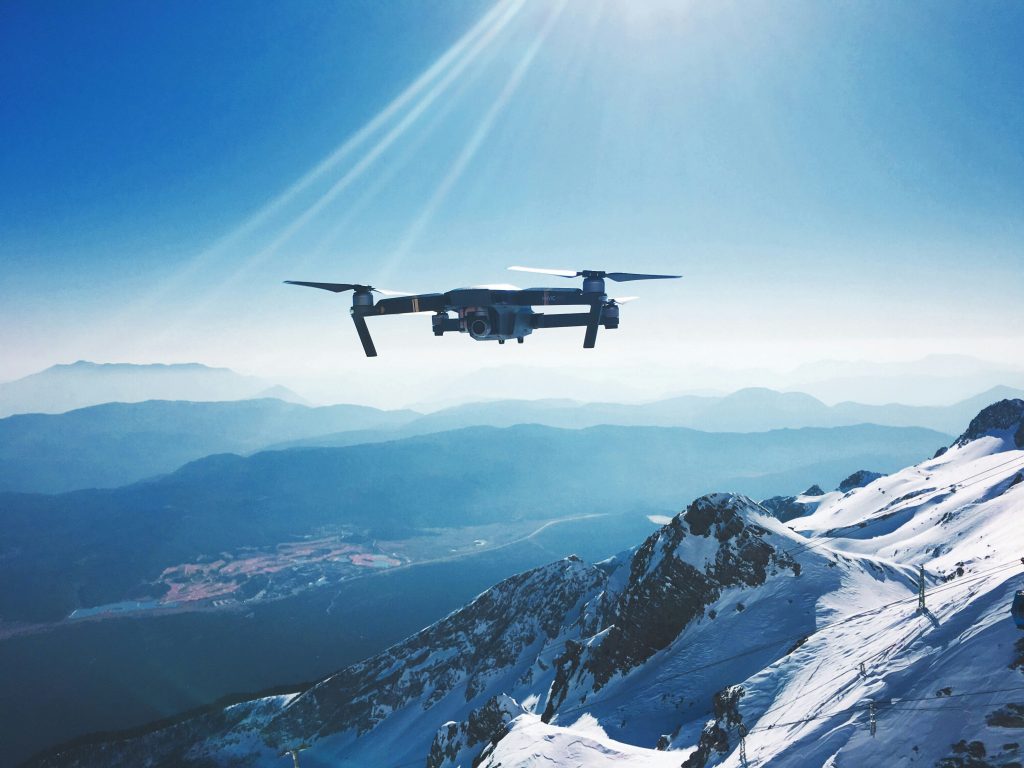
Trustee and Search Technician at Warwickshire Search and Rescue, Steve Brown says:
“With more and more callouts each year, this drone with mobile connectivity is a powerful tool for our team to understand and assess a situation immediately, saving crucial time in life-threatening situations.
“It means we will always be connected, ensuring seamless communication and efficient coordination throughout our missions. As a result of this, we will connect the unreachable, save lives, and inspire a new era of technological possibilities.”
There’s no doubt that this innovative use of 5G mobile connectivity is a fantastic example of how technology can be used in even the most hard-to-reach places.
In the UK, someone is reported missing every 90 seconds. The more swiftly that person can be located, the better the outcome. For those that have gone missing in a remote area, a Search and Rescue team that can stay reliably connected will be a huge advantage.
As Portfolio Holder for Fire & Rescue and Community Safety at Warwickshire County Council, Councillor Andy Crump said:
“The Warwickshire Search and Rescue team do such vital work for our local community by assisting the police in searching for missing people.
“This new solution from Virgin Media O2 will help the team on these missions and ultimately save many lives. It is further evidence of the positive impact improved connectivity can have upon our society.”
We’re looking forward to seeing how 5G drones and satellite broadband technology can be accessed in more remote areas and rural locations.

